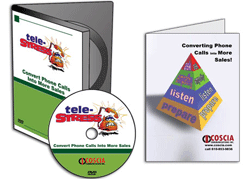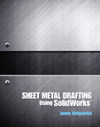One of the books I’m slowly, slowly working through this year is Essays Of E.B. White. Now, co-author of The Elements of Style and author of Charlotte’s Web is quite a resume right there, but White also contributed essays to The New Yorker among his other many writings. All this denotes a certain dual citizenship of sorts involving city life and country life, and indeed, the essays often revolve around the rhythms of nature and man in rural New England.
White’s attention in one essay (“Coon Tree,” written 1956) turns to the particular benefits and appeal of the big, old wood-burning stove in their house in Maine, as compared to its more modern companion. Despite the several stages of regular maintenance the stove requires, White testifies:
We would choose this stove because of the quality of its heat, the scope of its talents, the warmth of its nature (the place where you dry the sneakers, the place where the small dog crawls underneath to take the chill off, the companionable sound it gives forth on cool nights in fall and on zero mornings in winter).
That is followed by the not entirely uncharitable assessment of the newer stove that does not require tasks such as, you know, clearing out its ashes or refilling its water tank.
The electric stove is useful in its own way, and makes a good complementary unit, but it is as cold and aseptic as a doctor’s examining table, and I can’t imagine our kitchen if it were the core of our activity.
What made me dog-ear that page to share with you? The day before I read it, I had edited a column by another New Englander, our own Howie McKew. He uses his regular spot this month to mark 50 years in the HVAC profession. Quite a feat, and we send our congratulations along with our thanks for making time in so many of those years to write for ES.
In discussing this milestone, he includes an interesting look back at how designers and draftsmen worked when he was starting out, which brings things around to the value of tangible, non-electronic process. The pullquote:
Today, I don’t get the feeling that CAD people feel the same way as I did when they input their initials onto the computer screen drawing. I think today’s technology has erased the sense of accomplishment that one got from drawing an HVAC system on a piece of linen 50 years ago.
Of course, his body of work here illustrates that McKew is anything but stuck in the past. The guy is always thinking of a way to improve on “the way we’ve always done it,” from better checklists to new software and onward. He isn’t ordering linen paper to initial any more than I’m jumping on the vinyl bandwagon. But as I listen to the annoying sound “quality” of someone using a headset and/or a Skype connection as compared to the clarity of an “outdated” landline, or recall the unique satisfaction of communicating with the car around me via gas and clutch and stick shift … these men have a point, don’t they?
Convenience may generally win out and often for good reason, but it isn’t everything. I wonder what little pleasures of today we will sacrifice at its altar tomorrow.









